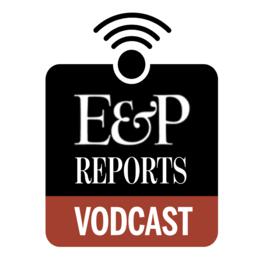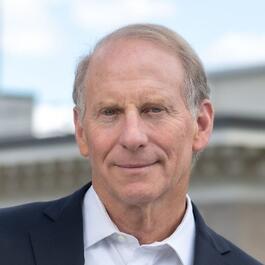
Foreign affairs expert Richard Haass asks us to be a “better informed” citizenry in his latest book.
For two decades, Dr. Richard Haass has been the president of the Council on Foreign Relations, an independent, nonpartisan think tank organization that states this mission on its website: “To help people better understand the world and the foreign policy choices facing the United States and other countries.” Also, his expertise in international affairs and U.S. foreign policy has been tapped by our government, acting as the chair for the multiparty negotiations in Northern Ireland in 2012. From 2001 to 2003, Haass was the director of policy planning for the Department of State, acting as a principal advisor to Colin Powell during the war in Iraq. However, most of us know Richard Haass from his many appearances on national newscasts and as a consultant to NBC News — providing context to stories centering on international relations and our foreign policy. And within these decades of work, he has managed to find time to author over a dozen books that center on helping us understand the complexities of our place in the world. These include the New York Times bestsellers: "The World: A Brief Introduction” (2020), “A World in Disarray: American Foreign Policy and the Crisis of the Old Order” (2017) and “War of Necessity, War of Choice: A Memoir of Two Iraq Wars” (2010). However, this year, Richard Haass took a different turn in his writing, authoring his latest book: "The Bill of Obligations: The Ten Habits of Good Citizens” (2023), a bestseller that centers on his years of experience looking at the world and shifting that focus in taking a hard look at ourselves — the people of the United States — to help us define the meaning of our citizenship and what our obligations are to help maintain our democracy. Within the book, Dr. Haass argues, "We get the government and the country we deserve. Getting the one we need, however, is up to us.” Within the book, Haass lists 10 “obligations” we have as citizens that include the need for us to remain civil, value norms, stay open to compromise, put our country first, get involved, promote the common good and others. However, the 1st of these obligations is “Be Informed,” stating, "An informed citizen is someone who puts himself or herself in a position to weigh what others say or write and contribute their own perspectives. Ideally, this individual would also know something of the country’s history and how it came to be what it is today, as it is impossible to understand the present without an appreciation of the past." Dr. Haass continues, "It is essential to differentiate among facts, misstatements, opinions, predictions and recommendations. Facts are assertions that can be demonstrated to be so, measured, and proved.” In this 177th episode of "E&P Reports," we go one-on-one with Dr. Richard Haass, the president of the Council of Foreign Relations and author of the current New York Times bestseller: “The Bill of Obligations: The Ten Habits of Good Citizens,” where he looks at the things, we as Americans should do to maintain a healthy democracy. In this episode, E&P Publisher Mike
From ""E & P Reports" from Editor & Publisher Magazine hosted by Mike Blinder"




Comments
Add comment Feedback